Section: Environment
There are more than 60 results, only the first 60 are displayed here.
Become a subscriber for more search results.
-
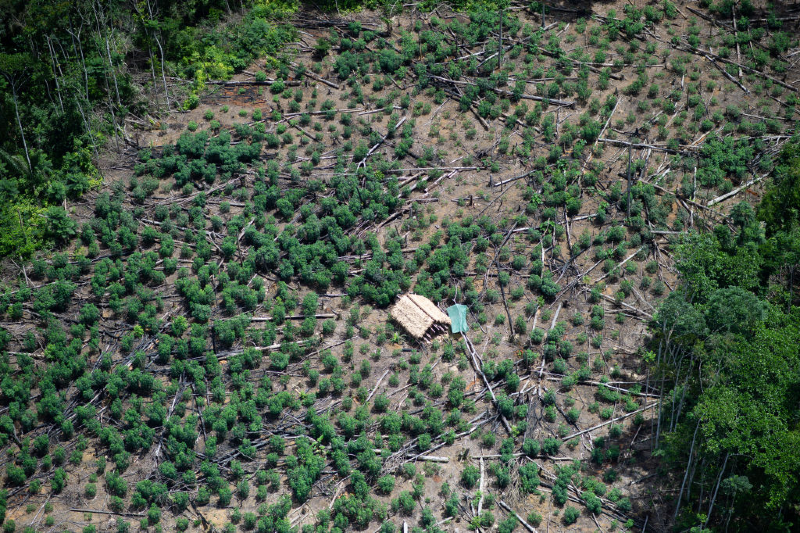
ENVIRONMENT
- Bree Alexander
- 06 August 2020
1 Comment
While the world is largely focused on COVID-19, a recent report from Global Witness revealed that murders of land and environmental defenders, defined as people who take a stand for land and environment in a peaceful manner, reached a high in 2019.
READ MORE 
-
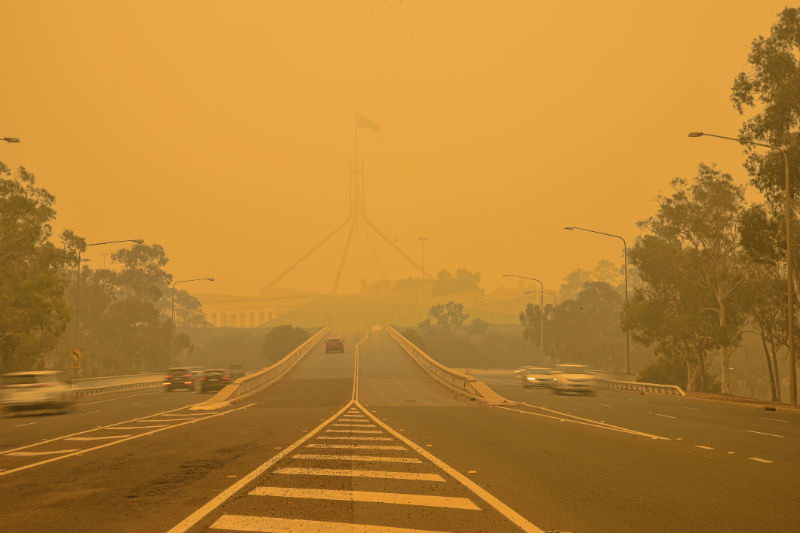
ENVIRONMENT
- Binoy Kampmark
- 30 July 2020
2 Comments
On July 22, Katta O'Donnell filed an action in the Federal Court in Victoria hoping to make good her promise to put the government on trial for ‘misconduct’. The action notes that, ‘At all material times there has existed a significant likelihood that the climate is changing, and will continue to change, as the result of anthropogenic influences.’ Australia was ‘materially exposed and susceptible’ to the risks posed by climate change.
READ MORE 
-
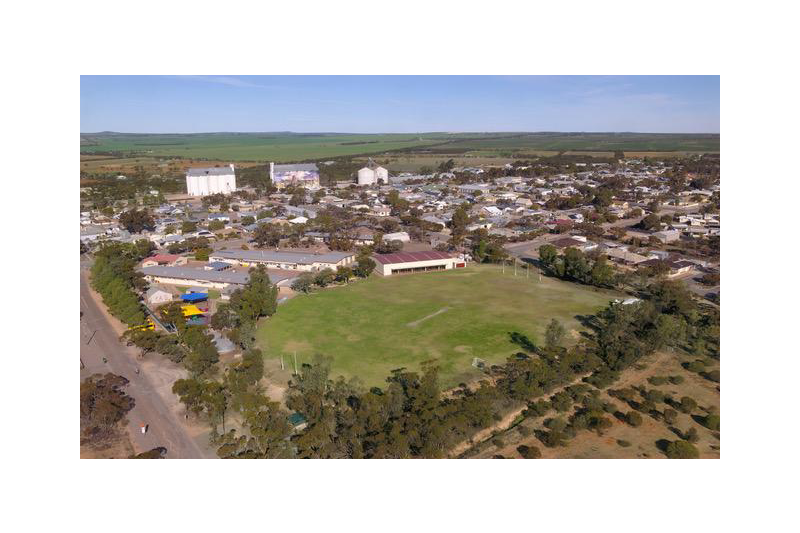
ENVIRONMENT
- Michele Madigan
- 28 July 2020
9 Comments
There’s a long way to go for the Coalition to change from ‘its business as usual’ performance in this as in many other matters. We can all play our part, however, in encouraging Senators to stop another sizable wind back in the nation’s democratic processes. If the Senate defeats this Radioactive Waste Management Bill then the Barngarla and others can, as in any democratic country, take to court the minister’s processes.
READ MORE 
-
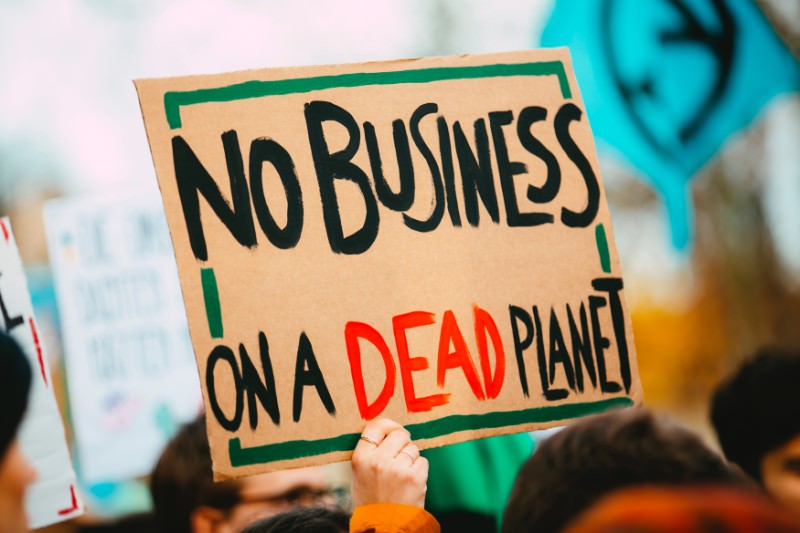
ENVIRONMENT
- Alana Schetzer
- 19 May 2020
3 Comments
Multiple media reports have focused on individuals and households moving away from sustainability — mostly because of understandable concerns about contamination — and yet, the conversation about the impacts of our biggest businesses and corporations hasn’t been as loud.
READ MORE 
-
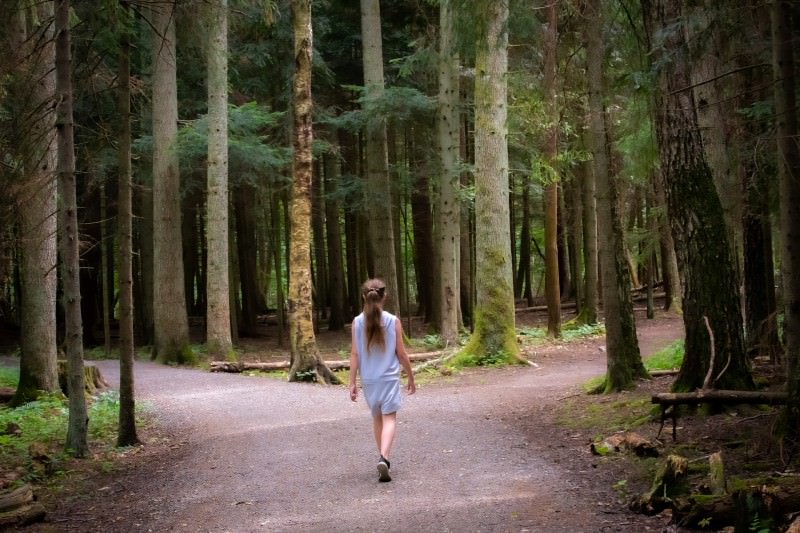
ENVIRONMENT
But just as the frighteningly precarious nature of our lives has been thoroughly exposed, so too has the inequality of it all. Even in a pandemic, we aren't all suffering equally. Even in a pandemic, structures of privilege continue to operate.
READ MORE 
-
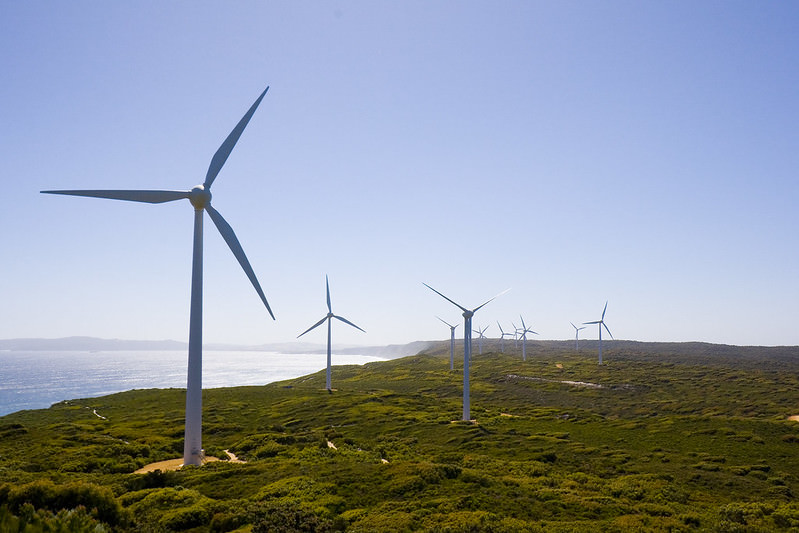
ENVIRONMENT
- Bree Alexander
- 11 May 2020
3 Comments
While the federal government has set a zero net emissions target by 2050, along with the states and territories and local councils in some areas, the steps that are taken to get there are vitally important. Yet there seems to be no signs of a rapid move away from fossil fuels.
READ MORE 
-

ENVIRONMENT
- Andrew Hamilton
- 17 April 2020
9 Comments
World Mother Earth Day, held on 22nd April, expanded the earlier focus on the natural environment as distinct from human beings by seeing them as dependent on and nurtured by it. It teased out the relationships that placed human beings within the natural world.
READ MORE 
-
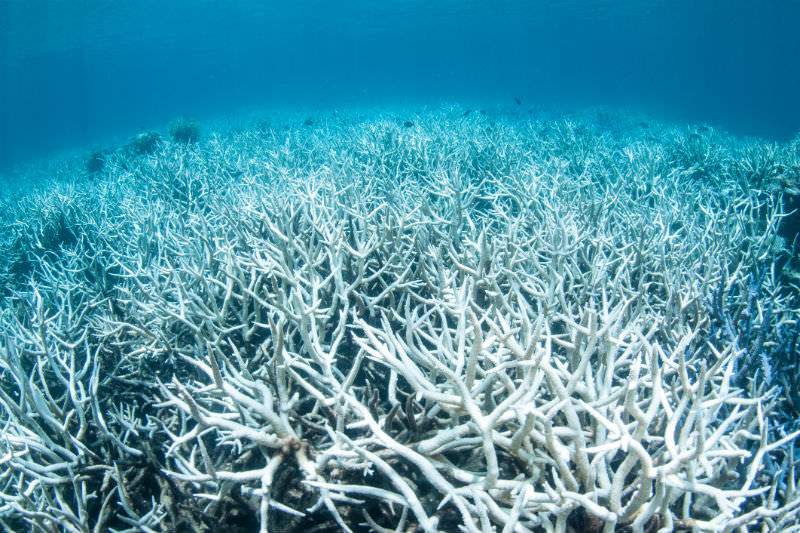
ENVIRONMENT
- Cristy Clark
- 09 April 2020
9 Comments
Even during this period of disruption (and, indeed, even because of it) it is so important that we pay attention to the bigger picture. So much of what we do now will lay the groundwork for the kind of future that we are able to build at end of this crisis.
READ MORE 
-
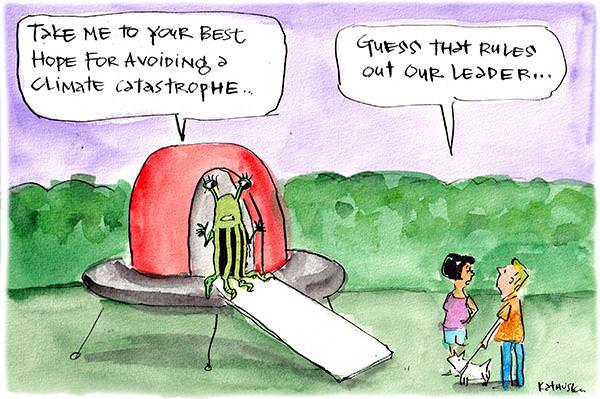
ENVIRONMENT
- Jacinta Bowler
- 19 March 2020
2 Comments
Unfortunately, when it comes to limiting our emissions there’s no silver bullet, and there’s unlikely to be one before we hit an increase of 1.5 degrees. However, scientists do say that we already have all the technology we need to get to net-zero. What we don’t have is the political willpower.
READ MORE 
-
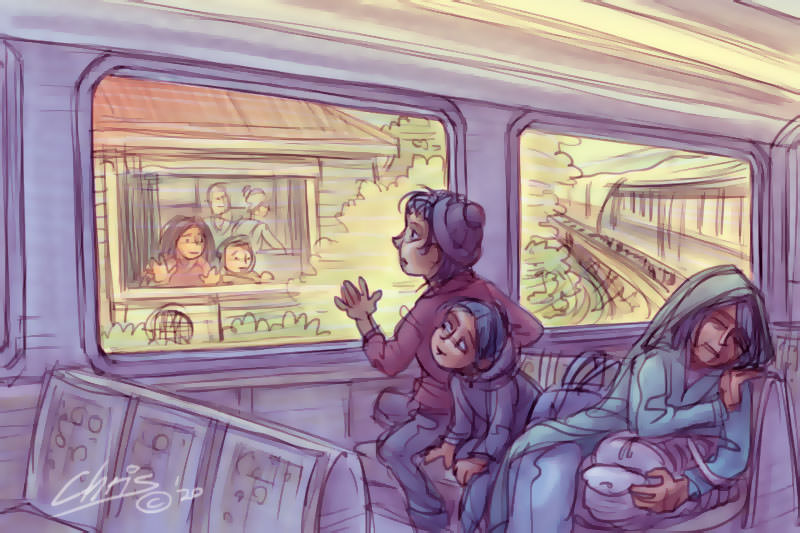
ENVIRONMENT
- Andrew Jackson
- 21 February 2020
6 Comments
As the bushfires raged and air quality worsened, we were constantly told to stay indoors, keep cool and be alert for emergency orders on our phones. But with each public service announcement, we continued to leave some of our most vulnerable behind.
READ MORE 
-
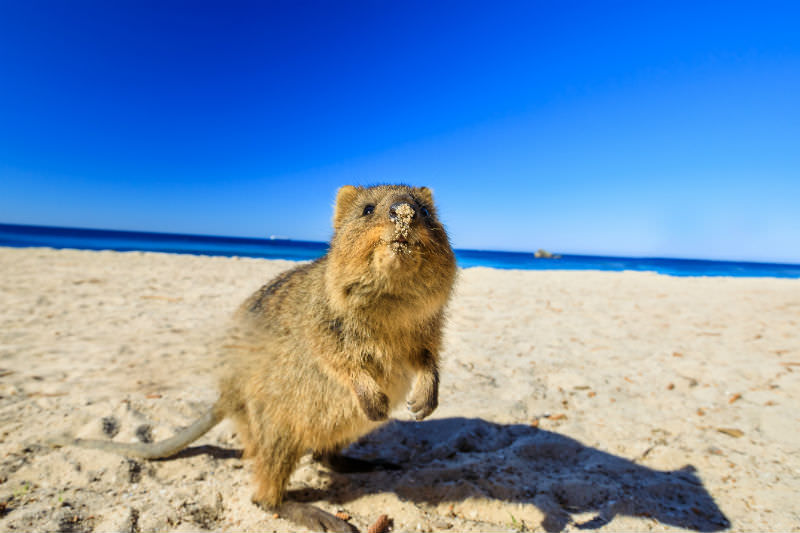
ENVIRONMENT
- Catherine Marshall
- 20 February 2020
3 Comments
This communal outpouring during the bushfires has an opportunity to perpetuate itself indefinitely, even though the embers have been extinguished and those not directly affected by the fires have gotten on with their workaday lives. For even as the fires burned, Tourism Australia was mounting a campaign to encourage Australians to holiday locally instead of taking their patronage abroad, and to persuade international tourists to visit, too.
READ MORE 
-
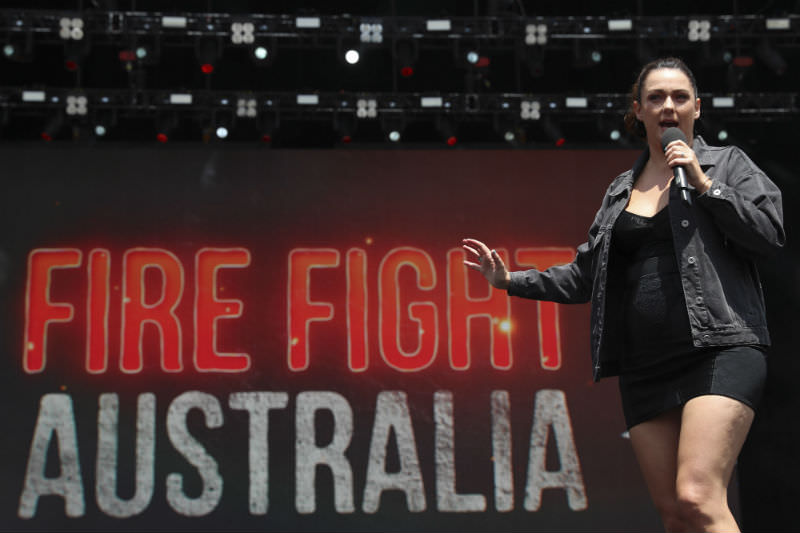
ENVIRONMENT
- Eliza Spencer
- 19 February 2020
5 Comments
In the midst of bushfire relief events and community raffles, concerns about how those in need can be best supported continue as emotions run high. While the nation grieves the loss of life and land, we need to begin the conversation of how we can respond mindfully to disaster and find sustainable solutions for disasters to come.
READ MORE 